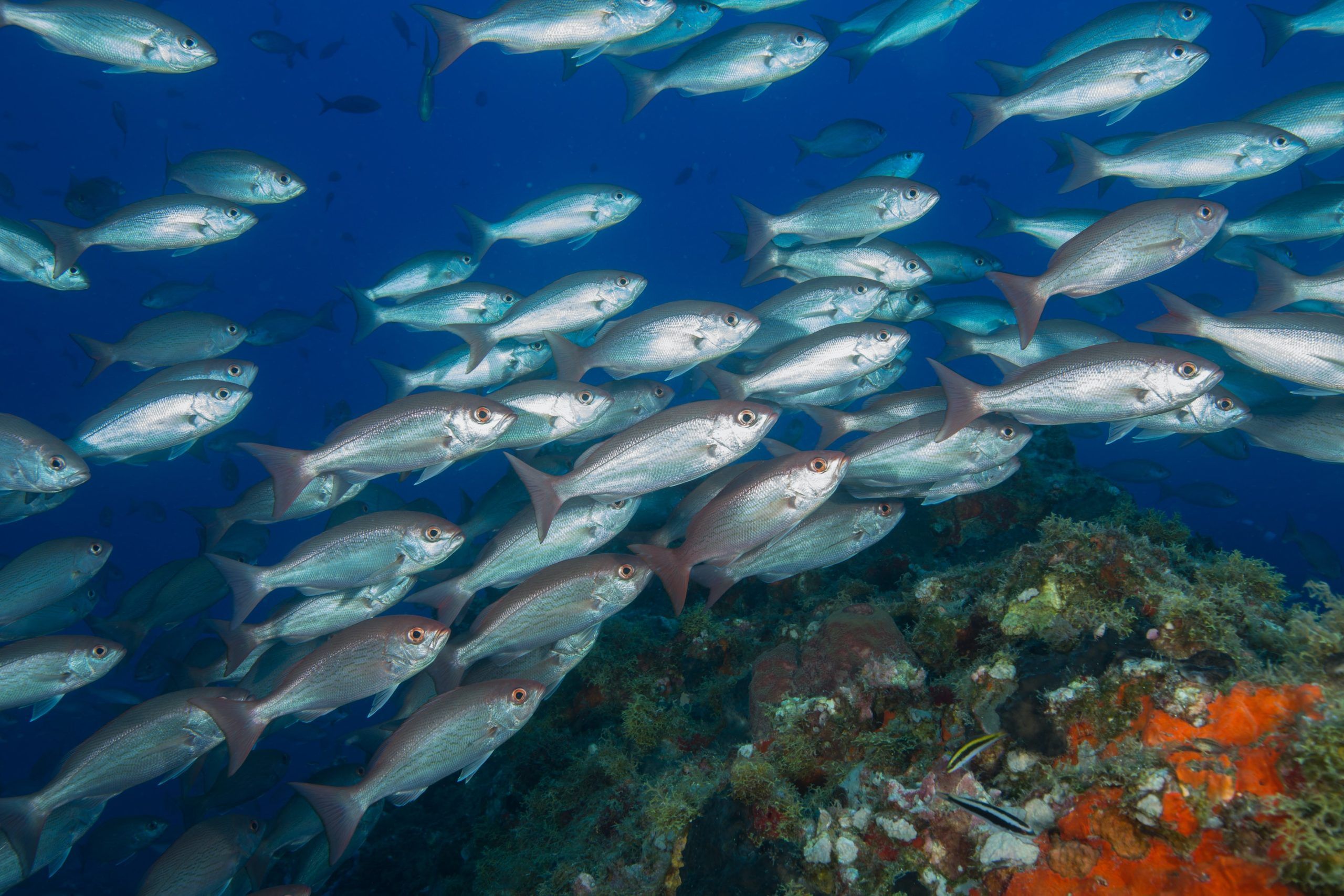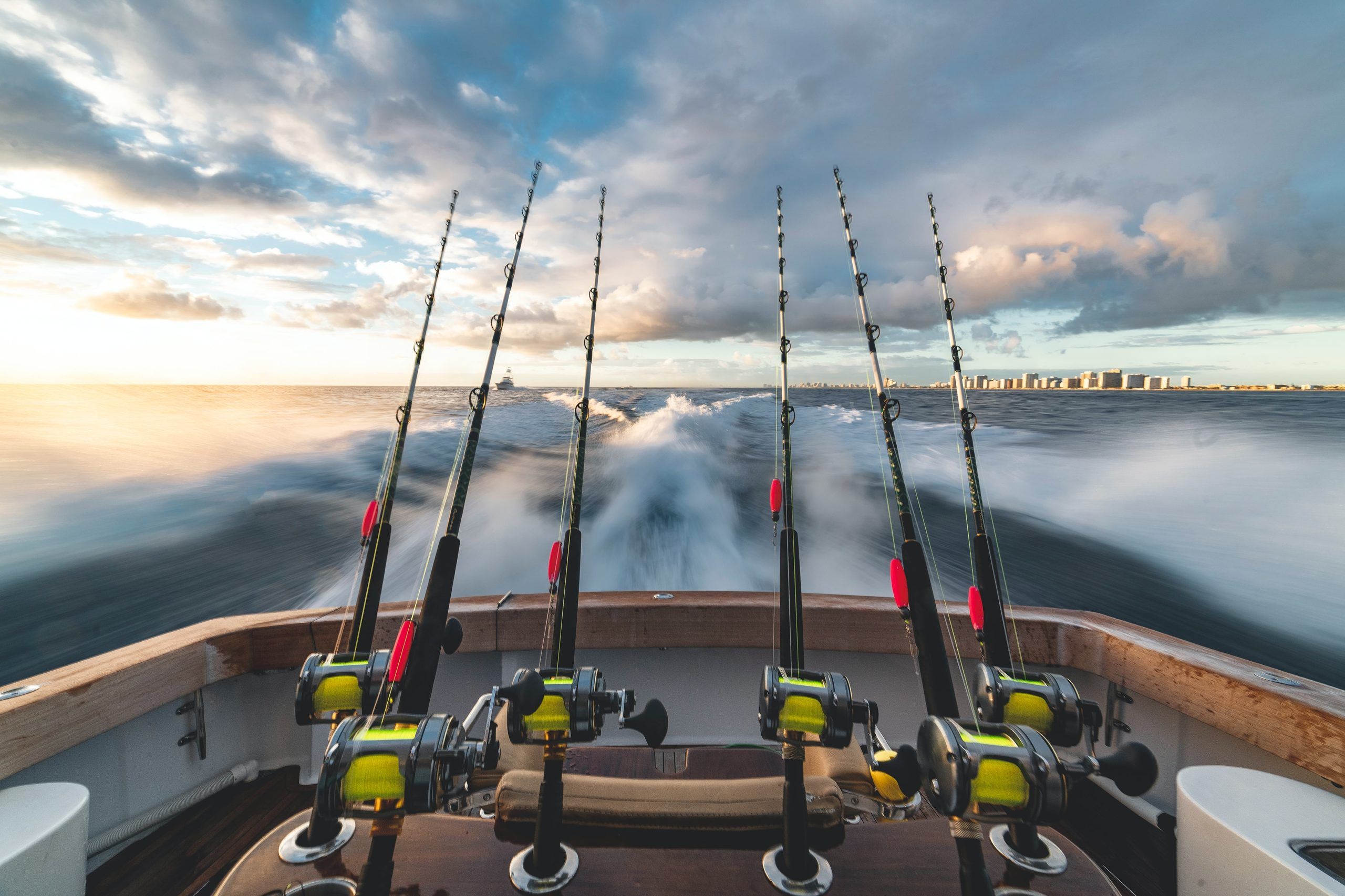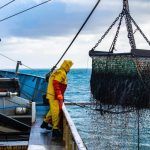The Spanish Government has today lodged an action before the Court of Justice of the European Union (EU) for the annulment of the European Commission’s Implementing Regulation 2022/1614, which prohibits fishing in 87 areas of the Atlantic shelf at depths of between 400 and 800 metres, considered vulnerable marine ecosystems.
The lawsuit highlights substantive and procedural shortcomings allegedly committed by the European Commission in the adoption of the implementing regulation that bans fishing in 87 areas in the Atlantic at depths of between 400 and 800 metres.
The Spanish government alleges that the measure is disproportionate, has not considered the possible impacts on the fishing fleet and violates the principles of the Common Fisheries Policy of seeking a balance between the protection of marine biodiversity and the maintenance of sustainable fisheries.
The Spanish government has expressed its disagreement with this regulation, which came into force on 9 October, following its publication in the Official Journal of the European Union (OJEU) on 19 September.
The Ministry of Agriculture, Fisheries and Food has considered the closure of fishing in the areas established by the regulation to be disproportionate and unfair, as it does not have the most up-to-date scientific information available, does not have an impact report, and thus violates the principles of the Common Fisheries Policy (CFP), which establishes the necessary balance, in the decisions adopted, between the protection of marine biodiversity and the maintenance of sustainable fishing.
In its application, Spain sets out the substantiated reasons why it considers that that implementing regulation should be annulled, since it infringes the provisions of Regulation 2016/2336 (‘the basic regulation’), as well as the principle of proportionality, which is one of the general principles of EU law, with the aim of ensuring that the acts of the Community institutions are in line with the objectives pursued by the regulation and that, therefore, the measures adopted are proportionate to the objectives pursued.
The Government considers that the contested measure is inconsistent with the objectives which it is intended to pursue (the necessary protection of fishery resources and sustainable fishing activity) and which are set out both in the basic regulation and in the resolutions adopted by the General Assembly of the United Nations and in the international guidelines for the management of deep-sea fisheries in the high seas of the Food and Agriculture Organisation of the United Nations (FAO).

Fisheries: EU and neighbouring countries agree first-ever joint multiannual management plans in the Mediterranean
|
It considers that it does not do so because the stated objective is the protection of vulnerable marine ecosystems, as well as areas where they are likely to exist, from ‘substantial’, ‘important’ or ‘significant’ adverse impacts of certain bottom fishing gears.
The Government considers that the lack of proportionality is evident in the case of fixed bottom gears, whose significant adverse impact has not been established either by the International Council for the Exploration of the Sea (ICES) or by the European Commission, and whose activity has not been taken into account when designing possible scenarios for action.
Similarly, the complaint filed by Spain also questions the proportionality of the system for determining the areas of vulnerable marine ecosystems, given that the polygons identified are not uniform according to latitude, generating much larger closed areas in Spanish waters than in other more northerly latitudes. This methodology ultimately leads to the closure of excessively large areas around where vulnerable ecosystems have been detected, which particularly affects Spain due to its smaller continental shelf.
It is also questioned that the best available information has not been used, such as that from projects such as INDEMARES and INTEMARES, on knowledge of the marine environment for the management of Natura 2000 Network sites, which are co-financed by the European Union and whose data would have allowed for better decision-making.
The application also questions the fact that the basic regulation can establish an indiscriminate prohibition between the different gears, without infringing the provisions of the Common Fisheries Policy and, once again, the principle of proportionality. Similarly, it raises the question of whether the European Commission’s choice of the scenarios set out in the ICES report are proper to an implementing act.
In any case, in line with the Spanish Government’s commitment to the sustainability and protection of marine ecosystems, Spain will continue to work and collaborate with the European Commission, in parallel to the legal proceedings, to achieve a solution as soon as possible so that the Spanish and Community fisheries sector is not affected by this unjust situation.







Leave a Reply